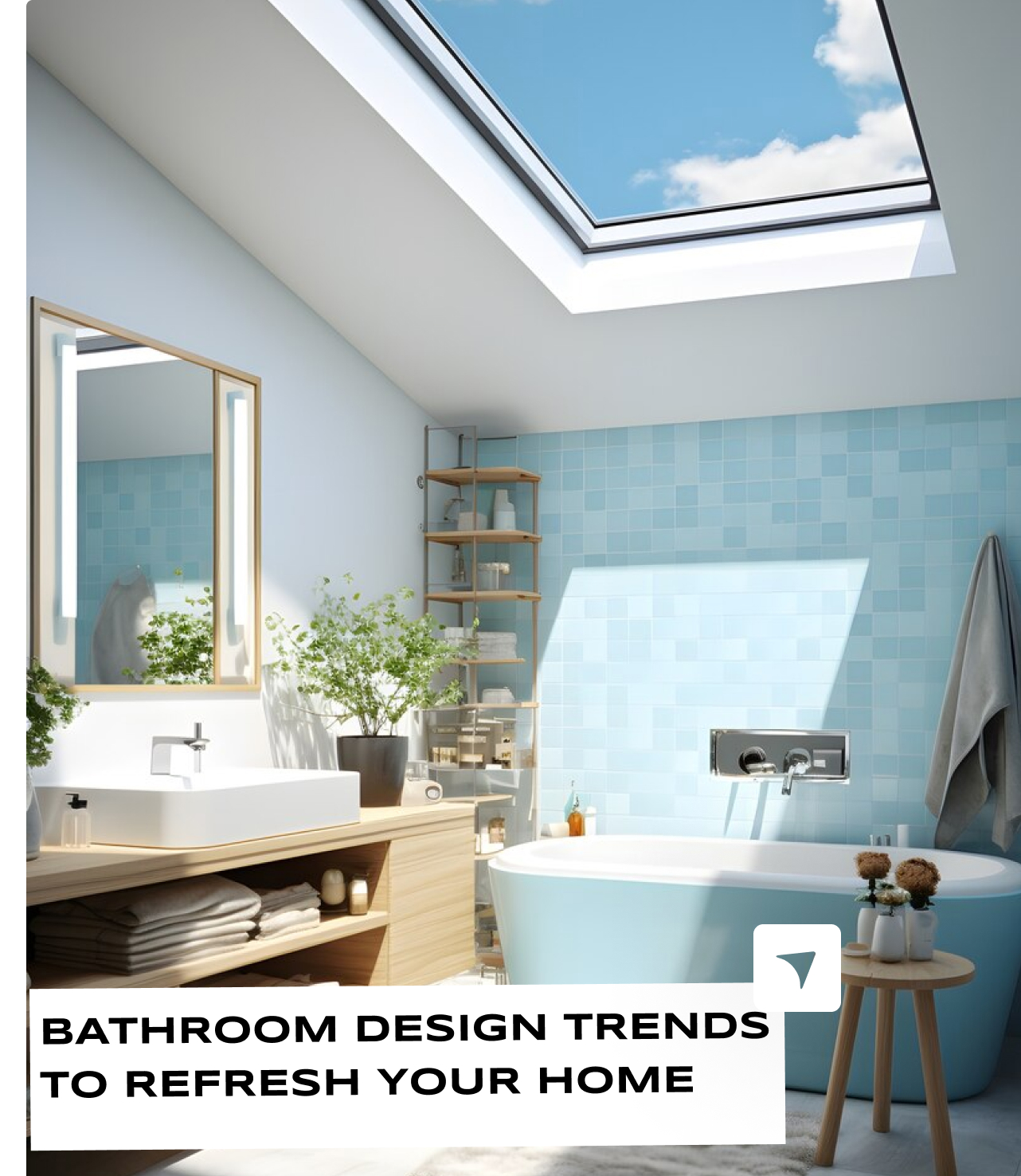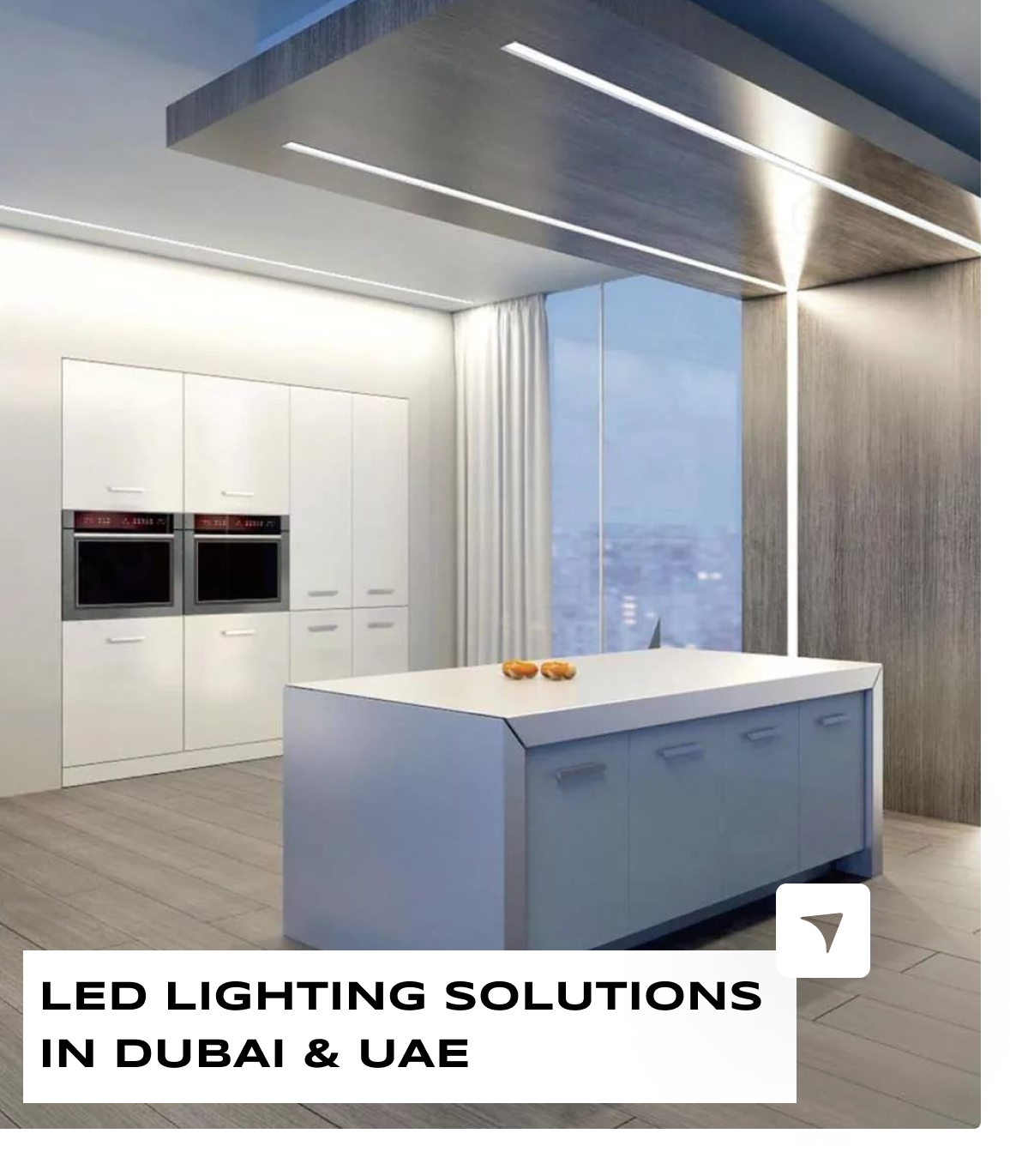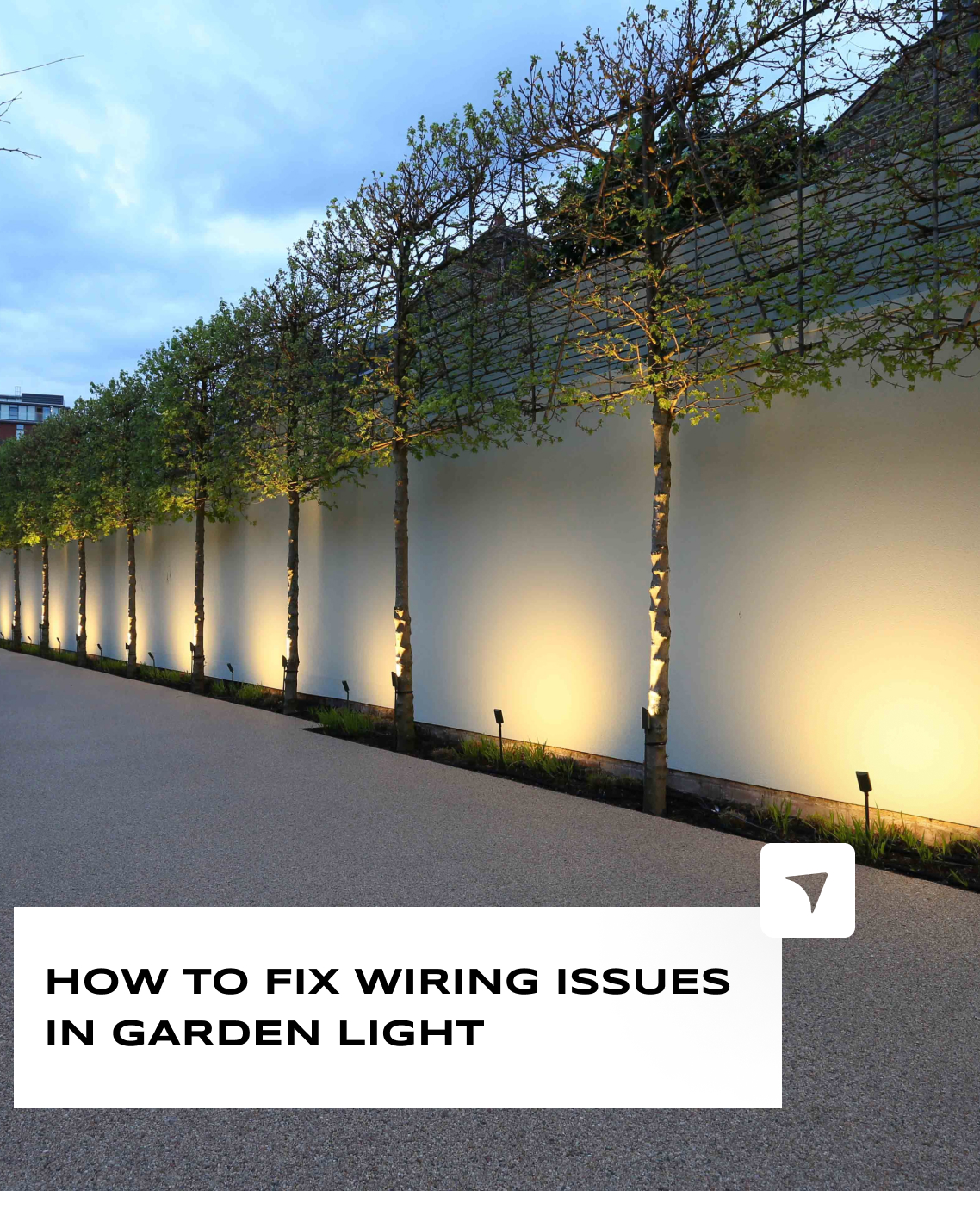Have you ever wondered about the secret behind maintaining a cozy atmosphere in your home or office, regardless of the external weather conditions? The answer lies in the powerful realm of HVAC—Heating, Ventilation, and Air Conditioning. In this comprehensive guide, we will unravel the intricacies of HVAC systems, exploring how these technological marvels function to create an optimal indoor environment.
In this article, we embark on a journey through the world of HVAC, unraveling its core processes. As REDO navigate the landscape of heating ventilation and air conditioning, you will gain valuable insights into the inner workings of HVAC systems Dubai.
What Is the Process of an HVAC System?
When it comes to the intricate dance of maintaining a comfortable indoor environment, understanding the processes of an HVAC system is like holding the key to a magic portal. We will embark on a journey through the core components that make HVAC systems tick.
Ventilation and Thermostats
In the realm of heating ventilation and air conditioning, ventilation plays a crucial role in ensuring the circulation of fresh air while maintaining optimal temperature levels. Smart thermostats, a hallmark of modern HVAC systems Dubai, add a touch of intelligence, allowing precise control and energy efficiency. To clarify, they serve as the maestros orchestrating the symphony of comfort in your living or working space.
Furnaces
Picture a furnace as the heart of your HVAC system, especially during chilly seasons. These units, widely employed by HVAC companies Dubai, are responsible for heating air and distributing it throughout your home or office. A furnace, coupled with a well-designed ventilation system, ensures a warm and inviting atmosphere, shielding you from the harsh cold outside.
Heat Pumps
Now, imagine a device that can do double duty – providing both heating and cooling. Enter heat pumps, versatile components in HVAC systems Dubai. Acting as all-season performers, these systems efficiently extract heat from the air or ground to warm your space in winter. In the sweltering heat, they reverse the process, ensuring a cool oasis during scorching summer months.
Air Conditioning Systems
When the mercury rises, air conditioning systems step into the spotlight. These cooling maestros, a staple in HVAC units UAE, employ a sophisticated process to remove heat from indoor air. By compressing and expanding refrigerant gases, they create a refreshing breeze that transforms your environment into a cool haven, even amidst the hottest summer days.
Selecting the ideal HVAC companies Dubai involves navigating through a myriad of options, each tailored to specific needs. However, the process can be simplified by focusing on crucial considerations that ensure optimal performance and efficiency.
Recognizing the Importance of a Solid HVAC Clues You Should Know
Now, we will talk about why having a top-notch Heating, Ventilation, and Air Conditioning (HVAC) system is a game-changer in our day-to-day. So, here are some telltale signs that scream, “Hey, you need a good HVAC ASAP!”
1. Cozy Vibes All Year Round:
A killer HVAC setup ensures your place stays comfy, whether it is summer, winter, or somewhere in between. In other words, say no to wild temperature swings and yes to a system that keeps you feeling just right.
2. No More Bill Shocks
If your energy bills are playing hopscotch and you cannot figure out why, your HVAC might be the culprit. Therefore, a solid system not only saves you money but also gives Mother Earth a breather by being all eco-friendly.
3. Breathe Easy
Your HVAC does more than play with the thermostat, it cleans and purifies the air. So, if you are having more sneeze parties than you would like, your system might need a little upgrade to bring in that fresh air feeling.
4. Weird Sounds? Not Cool
Strange creaks, clunks, or hums from your HVAC are like its way of saying, “Help, I need attention!” Regular TLC prevents major breakdowns and keeps your system jamming for longer.
5. Humidity’s Goldilocks Zone
Too much or too little humidity? Not on our watch. A top-notch HVAC keeps humidity levels just right, saving your furniture from a meltdown and giving you an all-around healthier space.
6. Golden Years
Quality HVACs are like fine wine; they get better with age. But, just like us, they need a bit of care. Moreover, if your system’s hitting double digits and acting up, it might be time to consider a shiny new upgrade.
7. Your Comfort, Your Rules
A stellar HVAC adjusts to your vibe. Also, if you feel like your system’s not getting your temperature memo, it might be time to check out what the cool HVAC kids are up to these days.
8. Green Living
Going green is not just a trend. To clarify, it is a lifestyle. Ensure your HVAC uses eco-friendly tech and energy-efficient tricks to keep your conscience as clear as your air.
9. Make It Yours
Your home, your rules. Consequently, look into systems with fancy zoning controls to have different vibes in different spots of your crib.
10. Chill Vibes Only
A trusty HVAC equals peace of mind. For this reason, knowing your system’s on top of its game, keeping you snug, and being an eco-warrior lets you soak up the good vibes at home.
Choosing the Right HVAC System – Key Considerations
So, discover the main considerations:
- Space Dynamics: Firstly, consider the dimensions and layout of the space to determine the HVAC capacity needed. As a result, you will avoid underpowered units struggling to meet demands or oversized systems leading to unnecessary energy consumption.
- Energy Efficiency Ratings: Also, evaluate Energy Efficiency Ratios (EER) and Seasonal Energy Efficiency Ratios (SEER). Higher ratings indicate superior energy efficiency, ensuring cost savings in the long run. Moreover, an energy-efficient system aligns with environmental sustainability.
- Ductwork Assessment: If your property already has ductwork, assess its condition and compatibility with the chosen HVAC system. Damaged or inefficient ducts can compromise the overall performance. Clarify if repairs or modifications are necessary.
- Climate Adaptability: Different HVAC systems cater to diverse climates. Ensure the selected system aligns with your region’s climatic demands. Moreover, consider features like variable-speed compressors for enhanced adaptability.
- Smart Technology Integration: Therefore, explore HVAC systems integrated with smart technologies for convenient control and energy management. Smart thermostats, zoning systems, and programmable features contribute to enhanced user experience.
- Maintenance Requirements: Examine the maintenance demands of the HVAC system. Some systems may require more frequent upkeep, impacting long-term costs. Moreover, inquire about warranty terms and conditions for added peace of mind.
- Budgetary Constraints: While investing in a high-quality HVAC system is essential, it is crucial to align the choice with your budgetary constraints. Evaluate initial costs, and long-term operational expenses for a comprehensive financial assessment.
- Environmental Impact: Consider the environmental impact of the HVAC system. Opt for models utilizing eco-friendly refrigerants and employing energy-efficient technologies. Moreover, inquire about disposal processes for old units, ensuring responsible environmental practices.
- Professional Installation: Even the most advanced HVAC system will not perform optimally if not installed correctly. Therefore, engage professional installation services to guarantee proper setup and seamless integration with your property.
What are the types of HVAC systems?
Embarking on the quest for the ideal HVAC system involves a journey through a diverse landscape of options. Each type caters to specific needs, offering a unique blend of features. For this reason, discover the different types of HVAC systems:
Packaged System
The Packaged System stands out as an all-encompassing HVAC solution. Its components, including the compressor, condenser, and evaporator, are housed in a single unit. So, this space-saving design is ideal for smaller dwellings, providing both heating and cooling functions efficiently. However, it might not be as energy-efficient as some other options.
Split System System
The Split System is a popular choice, separating the components into indoor and outdoor units. The indoor unit contains the evaporator coil, while the outdoor unit houses the condenser and compressor. This division allows for more flexibility in installation and can be an energy-efficient solution, offering precise temperature control for different zones within a building.
Ductless Mini-Split System
Enter the realm of the Ductless Mini-Split System, a versatile contender offering both heating and cooling without the need for extensive ductwork. Therefore, this system comprises an outdoor unit connected to one or more indoor air-handling units. Its flexibility makes it perfect for room additions or spaces with challenging ductwork logistics.
Hybrid Heat Pump System
The Hybrid Heat Pump System brings forth a fusion of efficiency and adaptability. Combining a traditional furnace with a heat pump, this system dynamically switches between gas and electric heating sources based on external conditions. In short, it is a strategic approach to optimize energy usage, providing comfort in diverse climates.
Ducted Mini-Split System
In the pursuit of a harmonious blend of aesthetics and performance, the Ducted Mini-Split System takes the stage. Moreover, this system hides the indoor unit within the building’s structure, relying on a network of ducts for air distribution. To sum up, it caters to those seeking a discreet HVAC solution without compromising on efficiency.
Why Do Air Conditioning and HVAC Systems Differ?
Have you ever questioned why “air conditioning” and “HVAC” are tossed around interchangeably yet bear distinctive meanings? We will unravel the reasons behind their unique roles in the realm of indoor climate control.
- Solo vs. Ensemble: Air conditioning functions as the solo artist, dedicated solely to cooling. In contrast, HVAC takes the stage as a versatile ensemble, managing heating, ventilation, and cooling throughout the year.
- Seasonal Specialization: Air conditioning excels during the summer, providing a cool respite. Conversely, HVAC is a year-round performer, adapting to heating needs in winter and ensuring fresh air circulation.
- Comprehensive Comfort: While air conditioning focuses on specific cooling needs, HVAC aims for comprehensive comfort, addressing heating, cooling, and ventilation requirements in a synchronized manner.
- Tailored Solutions: HVAC offers tailored solutions for diverse climates. Additionally, it can warm, cool, and circulate air, providing a versatile response to changing seasons, unlike the more specific focus of air conditioning.
- Space Versatility: HVAC systems are designed for various spaces, including residential, commercial, and industrial, making them adaptable for different environments. Air conditioning units are often more specialized.
- Energy Efficiency: HVAC systems, managing both heating and cooling, often exhibit greater energy efficiency by providing a comprehensive solution that minimizes overall energy consumption.
Conclusion
In conclusion, mastering the intricacies of HVAC systems empowers individuals to create optimal living and working environments. As we navigate the diverse components and types of HVAC units UAE, the quest for comfort becomes a personalized journey. For those seeking expert guidance and tailored HVAC solutions in the UAE, REDO stands as a beacon, ready to redefine your comfort experience. Explore the possibilities, embrace the knowledge, and embark on a journey towards a perfectly climate-controlled space with HVAC mastery.





